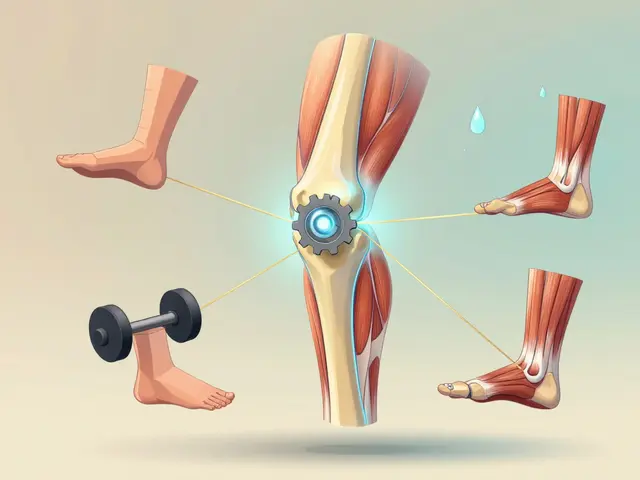Combipres: What It Is, How It Works, and Alternatives You Should Know
When you’re managing high blood pressure, Combipres, a fixed-dose combination of clonidine and chlorthalidone used to treat hypertension. Also known as clonidine-chlorthalidone, it’s not just another pill—it’s a two-in-one tool designed to hit blood pressure from two angles at once. Many people don’t realize that high blood pressure often needs more than one kind of drug to stay under control. Combipres combines a central alpha-agonist (clonidine) that calms your nervous system with a thiazide-like diuretic (chlorthalidone) that flushes out extra salt and water. Together, they reduce pressure on your arteries more effectively than either drug alone.
Clonidine works by signaling your brain to slow down nerve impulses that tighten blood vessels. It’s been used for decades—not just for blood pressure, but also for ADHD and withdrawal symptoms. Chlorthalidone, on the other hand, is a stronger, longer-lasting diuretic than hydrochlorothiazide. It doesn’t just make you pee more; it helps your body get rid of excess fluid that’s putting strain on your heart and vessels. This combo is especially useful for people who haven’t reached their target blood pressure with one drug, or who struggle with side effects from taking multiple pills. It’s not for everyone—some people feel too tired, dry-mouthed, or dizzy—but for those it fits, it simplifies the routine.
People often ask if there are better or cheaper options. Yes. Some switch to losartan or amlodipine because they don’t cause the same fatigue. Others prefer separate pills so they can adjust doses individually. Then there’s the question of cost: Combipres isn’t always the cheapest, but generic versions of clonidine and chlorthalidone are widely available and often cost less than the brand. If you’re on Medicare or have a discount card, it’s worth comparing prices. Also, if you have kidney issues or gout, chlorthalidone might not be the best fit—your doctor might lean toward a different diuretic or a calcium channel blocker instead.
What you’ll find below is a collection of real comparisons and practical guides that connect directly to what Combipres does—and what else might work for you. You’ll see how it stacks up against other combo drugs, how its components compare to standalone treatments, and what alternatives real people have tried with success—or regret. Whether you’re new to blood pressure meds or switching after side effects, these posts give you the facts without the fluff.
Compare Combipres (Chlorthalidone and Clonidine Hydrochloride) with Alternatives
Compare Combipres (chlorthalidone and clonidine) with safer, more effective alternatives like lisinopril/HCTZ, amlodipine/olmesartan, and losartan/HCTZ. Learn when to switch and what works best for your health.



